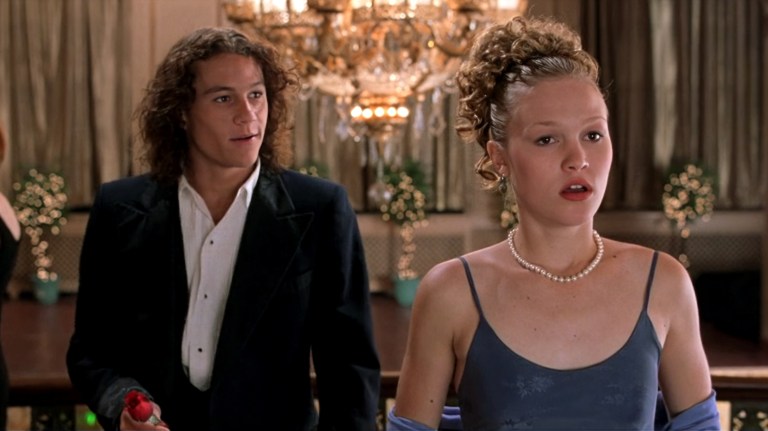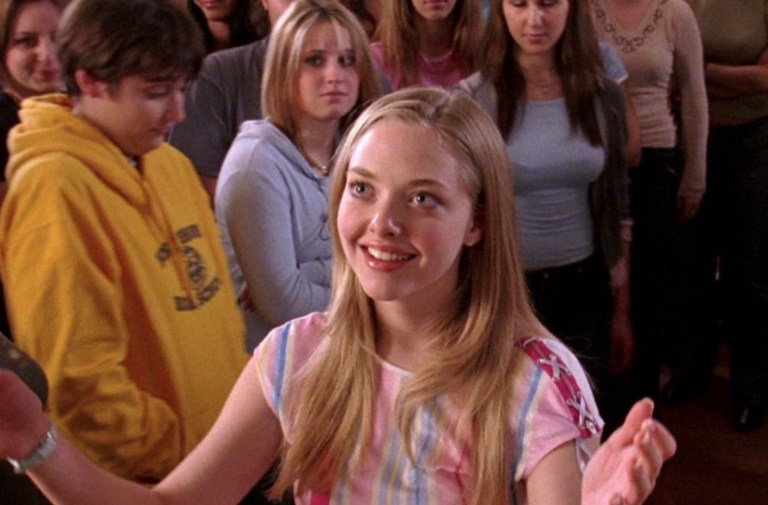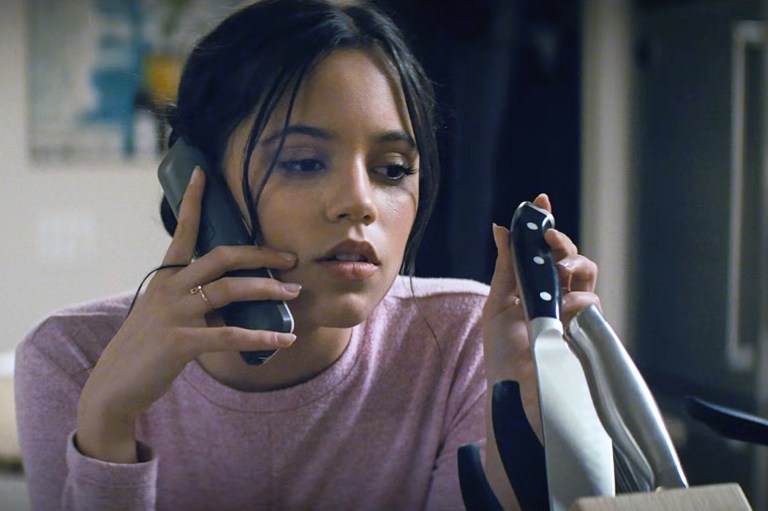
This Is Why You’ll Always Be Single

“One question: are you here ‘cause you need someone, or ‘cause you need me?”
—Lloyd Dobler, Say Anything (1989)
By and large, pop culture indoctrinates us with the idea that we need to be in relationships. Our cineplexes are filled with romcoms, our top-rated TV shows are almost always anchored around some sort of relationship drama and our radios bombard us with a never-ending stream of amorous longings and tortured musings on unrequited love.
Unquestionably, these paeans depict a portrait of love that is decisively one-dimensional. Instead of celebrating the union of two people, our cultural odes to the joys of courting instead focus on the individual pleasures one derives from a relationship. It’s never about what you can give another person, it’s always about what another person can give you. Cutting to the chase, the pop cultural message is clear: relationships are great because being valued by somebody else makes you more valuable overall. As long as you are with somebody – anybody, really – that simply makes you more significant as an individual.
It’s a fairly narcissistic view ceaselessly promoted on reality television programs like The Bachelor and glorified in pop ditties like Beyonce’s appropriately titled “Single Ladies,” which lyrically reduces women to breathing trophies deserving of nonstop admiration and attention. Indeed, this ideal form of love – dedicated primarily to inflating the ego – is at the root of oh-so many 20-and-30-somethings’ continual failures in the dating world.
Of course, you don’t have to get married. You don’t even have to be in a long-term relationship. If you want to be an unattached single your entire life, dating exclusively for fun, then nothing is stopping you. But if you want something deeper and more significant, you’re going to have to change your way of viewing the world – and most certainly the way you view yourself.
People seek romantic relationships – which are obviously different from strictly sexual relationships – for a very simple reason: lonesomeness. How much fun is it to walk around, looking at the world, with only your own thoughts and reflections to keep you company? Indeed, it gets boring fast, and after a while, quite depressing. While platonic friends may help fill the gap, they don’t give you that sense of persistent intimacy. From a sociological standpoint, we seek romantic partners because we feel incomplete as people and for us to develop a firmer sense of self, we need the constant companionship of someone who can show us the things we cannot reveal to ourselves.
However, this is a two-way street. For the equation to work, not only must we want that other person to complete us, we must want to complete another person. We have to provide them a certain utility – emotional support, affection, understanding, etc. – that matches the utility they provide us. The way we want them to impact us, we have to strive just as much to impact them.
If you’ve never been able to land Mr. or Mrs. Right, it’s because you’ve been searching for a Mr. or Mrs. Right. Instead of a real bond with another person, you want an ideal, a construct that suits you. No one can ever live up to the lofty fantastical dream partner you’ve envisioned in your head, and as a result, you are doomed to find nothing but the faults in your romantic partners. Nobody, you believe, is good enough for you, when the reality is that you’re just not good enough to anybody else.
The inverse is also problematic. If you are willing to accept anyone as a potential romantic partner, you are destined to lead a love life like a buffet line. You’ll want to sample everything, and because you’ve built the assumption that you can always move on to someone new whenever you like, you convince yourself you’ll never be bored or alone. That is, of course, until that fateful day you realize you tried everything out and nothing satisfied you – and now, it is too late to go back to the “dishes” you liked the most.
Seeking romance simply for the sake of “solving” your own woes – loneliness and ennui, primarily – completely torpedoes your “mission” from the get-go. With that mentality, you’re never in pursuit of real love, just a placeholder for the things you don’t like about yourself or your circumstances.
If you want to be happy, it’s not about accepting love, but giving it. Of course, the person has to be deserving of it first – investing so much time and effort into someone who doesn’t offer the same investments will never work out. But ours isn’t a generation that necessarily values selflessness; indeed, our individual-centric culture – in which our social media accounts have essentially become personalized brands – constantly hits us over the head with the power of “I”. It’s always about what I want, what I value, and what I think I need. In amorous sojourns, we’re told to put our longings above our partner’s, when the time-tested recipe for a long-lasting relationship has always been how the two of you can work together for mutual benefit.
To even mull being in a legitimate, long-term relationship, you have to be willing to make sacrifices for another person. That means giving up a part of your individuality and maybe even some of your long-held ambitions and perspectives. If you remain dedicated solely to what you want, you will never find love. It’s just an impossibility.
Losing that sense of self can be scary, and it is not without its risks. What if you give all of that up and the other person refuses to do the same? Not only is it likely to happen, it’s almost guaranteed you will experience it at least once in your lifetime. It’s going to hurt more than you think you can bear, and it might turn you off to seeking romantic relationships altogether.
After my first big heartbreak, I went into a casual dating frenzy. Sure, I had some fun times, but at the end of the day, I still had that empty feeling gnawing in my stomach. Human beings aren’t designed to be solitary creatures, and our thoughts aren’t supposed to remain buried in our brains. We need people to talk to, people to share things with, people to live alongside.
Then, one totally unremarkable day, I said I would take the focus off myself. Instead of worrying what other people could give me, I started thinking about what I could give other people. Instead of seeing people as means to alleviate my own aches, I would accept them as individuals, with their own thoughts and desires and ways of seeing the world. I would stop dating people just to date and instead started dating people so I could honestly understand who they were as individuals, not romantic conquests.
The result? Almost immediately, I met an amazing, beautiful young woman who has made the last six years the happiest I’ve ever experienced. I took my time to know her, and understand her perspective and admire her as a single human being before I even thought about holding her hand. Clichéd, I know, but her companionship has totally changed the way I see everything around me. Things make more sense, I’m able to pick up connections I couldn’t earlier and there are small details that, before her presence, I never would have been able to perceive.
Even walking down the aisles of the condiment section at grocery stores with her feels like some kind of magical experience. I’m not in awe of her because she provides a certain function, but because when we are together, I am no longer me – we’re us, and it feels better than anything I could have ever imagined.
Some people, however, never want to be us – they want a relationship, but they want to remain fundamentally the same people they were before doing fundamentally the same things they were already doing. If that’s your expectations of a relationship, you’re destined for disappointment after disappointment.
To experience the transformative power of love, you first have to be willing to be transformed, and that requires you to take the emphasis off yourself. There’s an old saying that I’ve found to be incredibly true – if you do the same thing you’ve always done, you wind up getting the same things you’ve always got.
Remember, there is just one common link between all of your failed romances.
And that constant is you. ![]()











